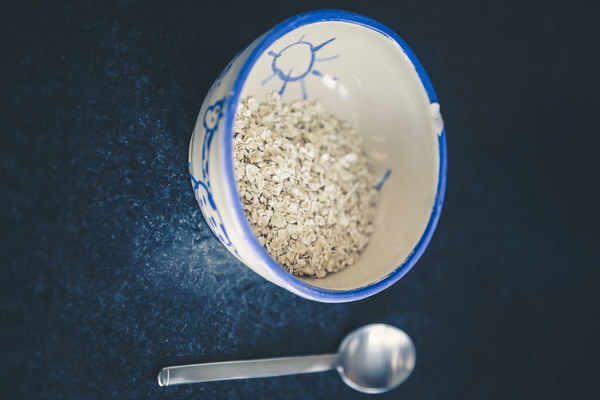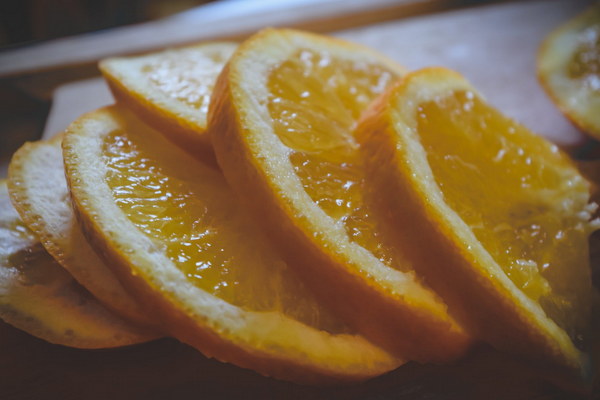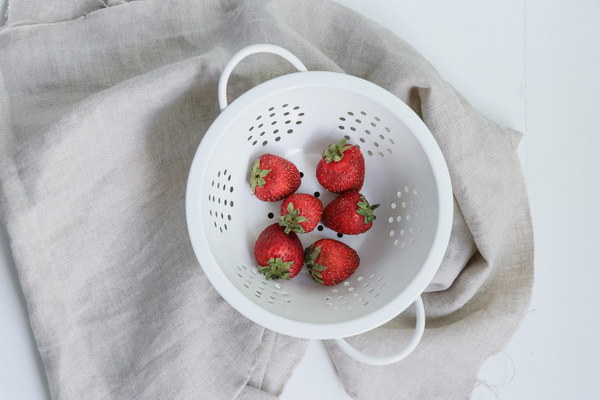Revitalize Your Health Discover the Power of Blood-Nourishing Herbs for Enhanced Vitality
In the realm of traditional medicine, the concept of nourishing the blood is a cornerstone of wellness. Blood, often referred to as Xue in Chinese medicine, is seen as the essence that sustains life. When blood is abundant and healthy, the body functions optimally. Conversely, when blood is deficient, one may experience fatigue, weakness, and other symptoms. This article delves into the world of blood-nourishing herbs, exploring their benefits, uses, and the science behind their efficacy.
Understanding Blood-Nourishing Herbs
Blood-nourishing herbs, also known as Yin Xue herbs in Chinese medicine, are a class of natural remedies that are designed to replenish and enrich the blood. These herbs work by enhancing the production of red blood cells, improving blood circulation, and promoting overall blood health. Commonly used blood-nourishing herbs include Angelica Sinensis, Codonopsis Pilosula, and Salvia Miltiorrhiza.
Angelica Sinensis (Dang Gui)

Angelica Sinensis, or Dang Gui, is one of the most renowned blood-nourishing herbs. It is believed to have a potent effect on the female reproductive system, helping to regulate menstrual cycles and alleviate symptoms of PMS and menopausal discomfort. Dang Gui is also known for its ability to improve blood circulation, which can aid in the treatment of anemia and chronic fatigue.
Codonopsis Pilosula (Chinese Ginseng)
Chinese Ginseng, or Codonopsis Pilosula, is another herb that is often used in blood-nourishing formulas. It is known for its adaptogenic properties, which help the body to cope with stress and improve overall vitality. Codonopsis is also believed to boost the immune system and enhance cognitive function.
Salvia Miltiorrhiza (Danshen)
Danshen is a well-known herb in traditional Chinese medicine for its ability to improve blood circulation. It is often used in the treatment of cardiovascular diseases, including angina, hypertension, and arrhythmias. The active compounds in Danshen, such as tanshinones, have been shown to have anti-inflammatory and antioxidant effects.
The Science Behind Blood-Nourishing Herbs
Modern science has begun to uncover the mechanisms by which blood-nourishing herbs work. Studies have shown that these herbs can increase the production of red blood cells, improve hemoglobin levels, and enhance the elasticity of blood vessels. Some herbs have also been found to have anti-inflammatory and antioxidant properties, which can help to protect the body from oxidative stress and reduce the risk of chronic diseases.
Using Blood-Nourishing Herbs
Blood-nourishing herbs can be used in various forms, including teas, tinctures, capsules, and powders. It is important to consult with a healthcare professional before starting any new supplement regimen, especially if you have underlying health conditions or are taking other medications. Here are some common uses of blood-nourishing herbs:
- Anemia: Blood-nourishing herbs can help to increase red blood cell count and improve oxygen delivery throughout the body, making them beneficial for those with anemia.
- Fatigue and Weakness: These herbs can boost energy levels and alleviate feelings of weakness.
- Menstrual Disorders: Blood-nourishing herbs can help to regulate menstrual cycles and alleviate symptoms of PMS and menopausal discomfort.
- Cardiovascular Health: Some herbs, such as Danshen, have been shown to improve blood circulation and reduce the risk of cardiovascular diseases.
Conclusion
Blood-nourishing herbs offer a natural and holistic approach to improving blood health and overall well-being. With a growing body of scientific evidence supporting their efficacy, these herbs are becoming increasingly popular in the complementary and alternative medicine field. By replenishing and enriching the blood, these natural remedies can help to enhance vitality, improve quality of life, and promote longevity.









